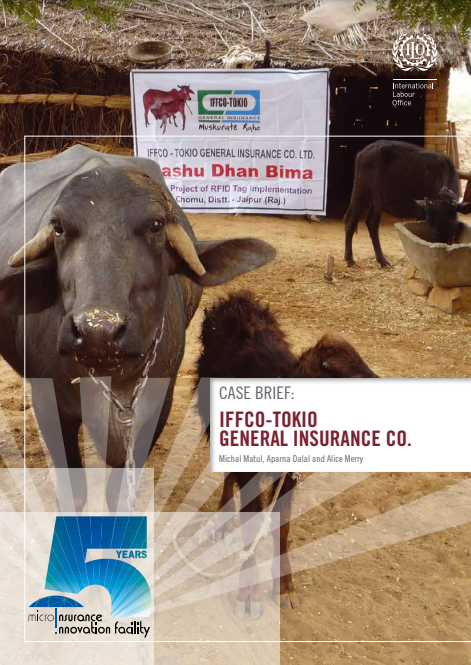What's new
-
Publication
South Africa SME Observatory: The state of youth entrepreneurship in the Free State
21 May 2013
A baseline study of entrepreneurial intentions and activity amongst young men and women
-
News
New water and energy-efficient, quality and affordable housing on the cards for Zambians
20 May 2013
The Zambia Green Jobs Programme announced the winners of two creative design competitions aiming at delivering functional, affordable and new energy-efficient housing.
-

Publication
Green jobs becoming a reality. Progress and outlook 2013
17 May 2013
By presenting a selected number of successful national experiences from 2012, the progress report illustrates the different levels at which the Green Jobs Programme operates. The report also provides an update on the activities which will unfold in 2013 with the continued support of the Programme’s networks and partners.
-

News
Green Jobs at the heart of the international workshop on modeling inclusive green economies, Bergen, Norway, 7-8 May 2013
17 May 2013
More than 50 participants attended this two-day workshop in Bergen, including policy makers from 30 countries, modelers from different institutions, such as the Millennium Institute (MI), the System Dynamics department of the University of Bergen and international agencies.
-

International Research Conference
The link between good workplace practices and small enterprise performance
13 May 2013
The ILO brought together international experts, researchers and field practitioners to explore the impact of improvements in workplace practices in small and medium enterprises on SME performance in developing and transition economies.
-
Publication
ILO and Cooperatives - ILO COOP NEWS No. 1, 2013
13 May 2013
This issue of the COOP News includes articles on: Post-2015 Development Agenda & COOP; Cooperatives celebrate International Women’s Day; Cooperative statistics to feature at ICLS Oct 13; Study tour from African coops to Japan; New study on financial cooperative resilience; ILO paper on Social Economy in Sudan; COOP and the European Task Force for Greece; COOP activities: Vietnam, Egypt & Sri Lanka; New feature: COOP Champions; Domestic workers cooperatives; Social and solidarity economy legislation; COOP exchange with the Social Finance Network; Start and Improve Your Cooperative Business; UNRISD conference.
-

International Research Conference
Improving working conditions in small and medium enterprises
International experts, researchers and field practitioners are meeting at the ILO to discuss how investing in working conditions, safety and health and training can turn into increased competitiveness and performance and result in a win win scenario for small and medium enterprises in developing and transition economies.
-

Publication
Case Brief #2: IFFCO-Tokio General Insurance Co.
01 May 2013
ITGI piloted radio frequency identification devices to address problems with claims. It used the introduction as an opportunity to change its processes. Find out how these changes allowed it to better serve its clients and improve the viability of the scheme in Case Brief #2.
-

Publication
Impact Insurance Research Paper #31: The impact of microinsurance on asset accumulation and human capital investments
01 May 2013
Can insurance transfer risk in a way that reduces the need for households to rely on costly coping strategies that undermine their future productivity? That is the central question that Research Paper #31 aims to answer based on evidence from an index-based drought insurance product available to pastoralists in northern Kenya. Results show that insured households are on average 22-36 percentage points less likely to anticipate drawing down assets and 27-36 percentage points less likely to anticipate reducing meals than their uninsured counterpart. Insurance not only smooths consumption but also improves the ability of recovering after a drought.
-

Publication
Impact Insurance Research Paper #32: Can microinsurance help prevent child labour?
01 May 2013
Child labour is a common consequence of economic shocks in developing countries. Research Paper #32 explores how reducing vulnerability through insurance impacts child labour and schooling. Using the case of a health and accident insurance scheme by a Pakistani microfinance institution, the study finds that increased insurance coverage results in lower incidence of child labour and reduced earnings from child labour. The effect is largely attributed to an ex-ante feeling of protection as opposed to a shock-mitigation effect.